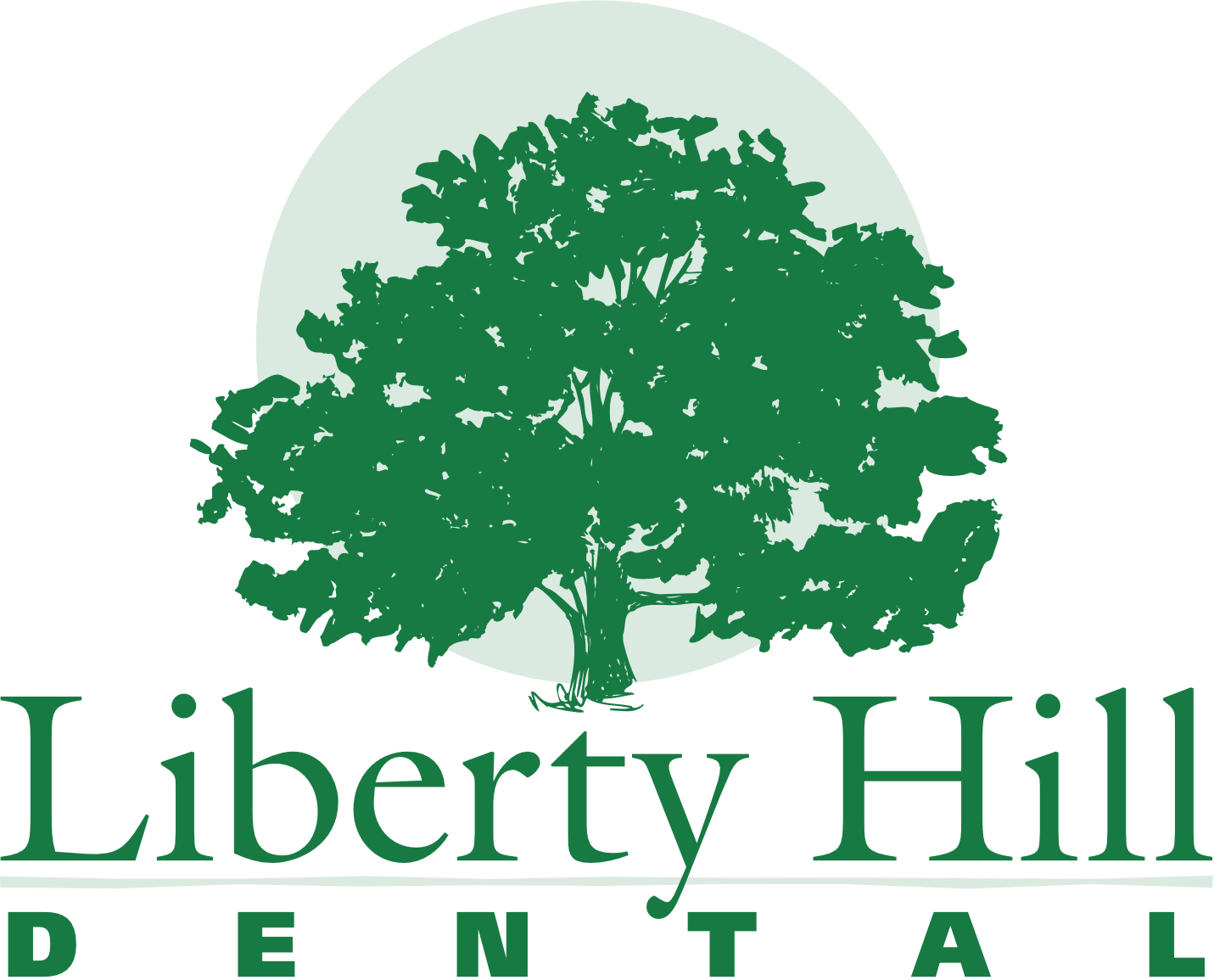Protecting Your Oral Health With Gentle Care
DENTAL EXTRACTIONS
When we think of permanent teeth, we think teeth should last for a lifetime. However, there are a number of reasons why a tooth may need to be extracted. Common reasons could be a tooth that is too badly damaged from trauma or decay, overcrowding of teeth or possibly infection, just to name a few.
If tooth decay or damage extends to the pulp, or the center of the tooth, which contains the nerves and blood vessels, bacteria in the mouth can enter the pulp leading to an infection and pain. Sometimes this can be corrected with root canal therapy or antibiotics, but if the infection is severe enough that antibiotics or a root canal are contraindicated, the tooth may need to be extracted to help prevent the spread of infection.
Before having a tooth pulled, let your dentist know your complete medical history, the medications and supplements you take, and if you have one of the following:
History of head or neck cancer with radiation or chemotherapy treatment
History of bisphosphonate use for osteoporosis (Fosamax, Boniva, Reclast, Actonel)
Damaged or artificial heart valves
Congenital heart defect
Impaired immune system/Diabetes
Liver disease (cirrhosis)
Artificial joint, such as a hip replacement
History of bacterial endocarditis
WHAT SHOULD I EXPECT WITH A TOOTH EXTRACTION?
Before beginning the procedure, the area around the area where the tooth will be extracted will be numbed by using a topical numbing agent. Once the topical agent has been placed, an injection of a stronger local anesthetic will be administered to numb the area deeper.
Once the area is numbed, your tooth will be gently removed. In some instances, hard-to-pull teeth must be removed by sectioning the tooth and removing it in pieces.
Once the tooth has been removed, a blood clot usually forms in the socket. This will allow the area to heal. A packing material will be placed in the area and sometimes self-dissolving stitches will be used to close the gums over the extraction site.
ARE YOU CONSIDERING REPLACING THE TOOTH WITH A FUTURE IMPLANT?
If you are considering replacing your missing tooth in the future with an implant, your dental provider will discuss options to optimize the site for a future implant. From day 1 of tooth removal, the supporting bone will start to change shape and size, so much so that it could possibly compromise the success of a future implant. Therefore in many occasions, we will recommend to preserve the empty socket with a bone graft material to optimize the area for a future implant. After approximately 4 months of healing, a dental implant can be placed to replace the missing tooth. Benefits of a dental implant are improved smile and esthetics, improve chewing ability and prevent shifting of adjacent teeth.
WHAT CAN I EXPECT AFTER I’VE HAD MY TOOTH REMOVED?
Following an extraction, you will be sent home to recover. Recovery typically takes a few days to a week. Peak pain and swelling occurs 3 days after dental surgery. The following can help minimize discomfort, reduce the risk of infection, and speed recovery.
Take painkillers only as prescribed. If you can take both ibuprofen and Tylenol safely, the best combination of pain medicine is 600-800 mg ibuprofen (3-4 over the counter ibuprofen) and 325 mg Acetaminophen (1 Tylenol) every (6) hours. Please talk to your dental provider if this combination of pain medicine is right for you.
Bite firmly on the gauze pad placed after your extraction to reduce bleeding and allow a clot to form in the tooth socket. Change gauze pads before they become soaked with blood (about every 30 to 45 minutes) until the bleeding has subsided.
Apply an ice pack to your cheek on the side of the affected area immediately after the procedure to keep down swelling. Apply ice for 20 minutes at a time.
Relax for the next 24 hours after the extraction if possible. Limit activity for the next day or two.
Avoid rinsing or spitting forcefully for 24 hours after the extraction to avoid dislodging the clot that forms in the socket.
After 24 hours, rinse your mouth with a solution made of 1/2 teaspoon salt and 8 ounces of warm water. Make sure that you do not swish from side to side. Simply move the water around gently.
Do not drink from a straw for the first 48-72 hours.
Do not smoke.
Do not chew food on the side of the mouth where the extraction was. You will be numb and could possibly bite your tongue or cheek without realizing. On the day of the extraction, avoid hot foods. Try to stick to a soft food diet, such as soup, pudding, yogurt, or applesauce the day after the extraction. Gradually add solid foods to your diet as the extraction site heals.
When lying down, prop your head with pillows. Lying flat may prolong bleeding.
Continue to brush and floss your teeth, however make sure to be gentle near the extraction site. Doing so will help prevent infection.
WHEN SHOULD I CALL MY DENTIST?
It is normal to feel some pain after the anesthesia wears off. For 24 hours after having a tooth pulled, you should also expect some swelling and residual bleeding. You should also call the office or go to the emergency room if you experience any of the following:
Swelling that occurs under the tongue or extends inferiorly toward your neck area
Difficulty breathing or swallowing
Changes in vision
If you are considering a tooth extraction for any reason or if you have questions about your recent tooth extraction Liberty Hill Dental, please call our office.
